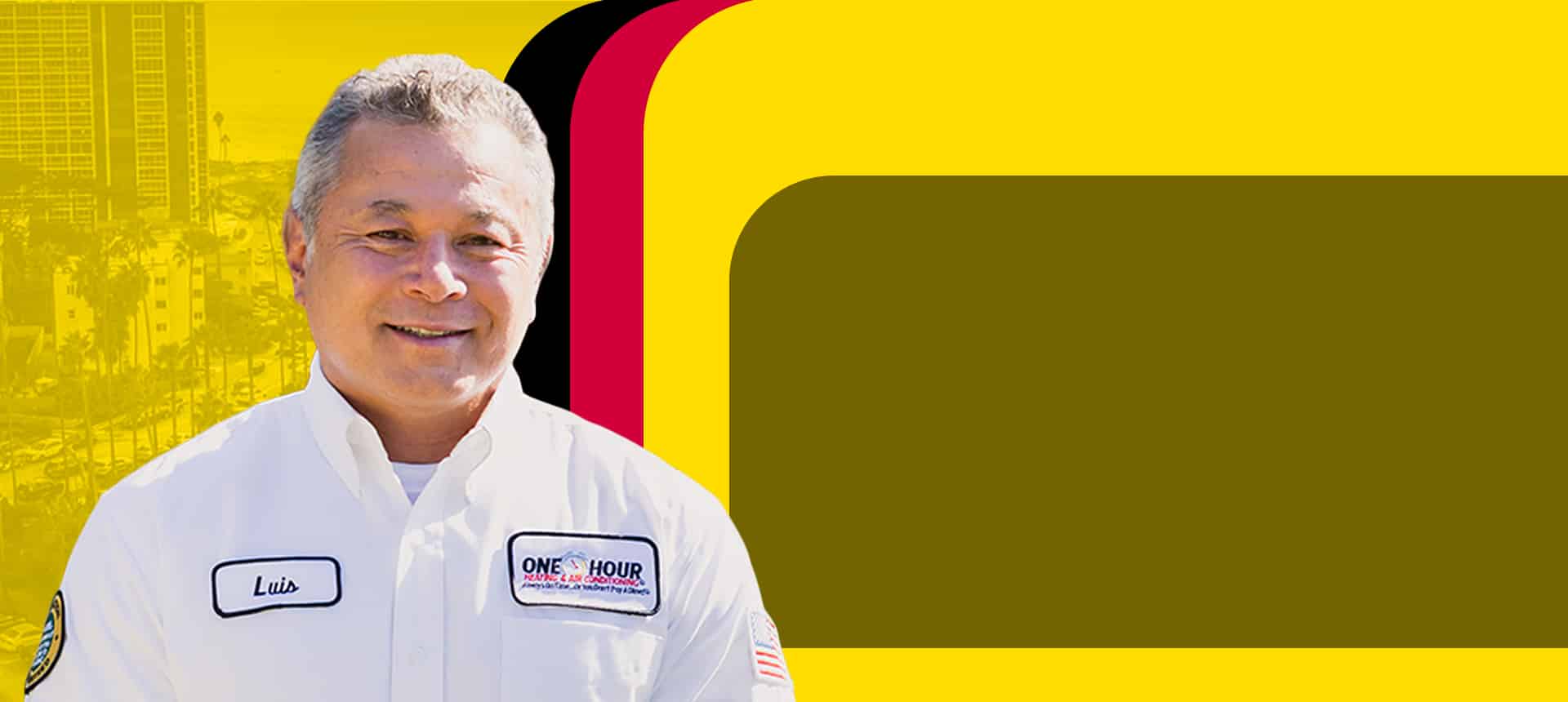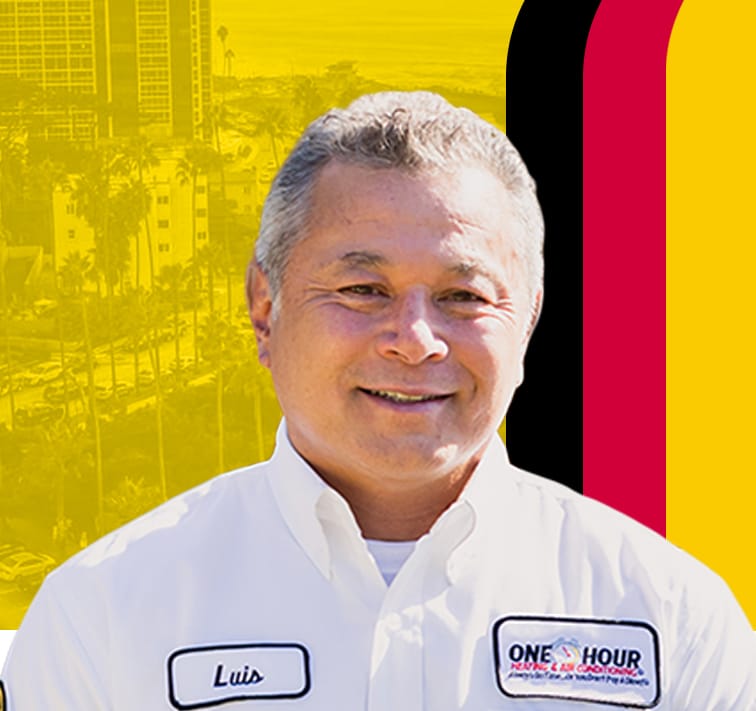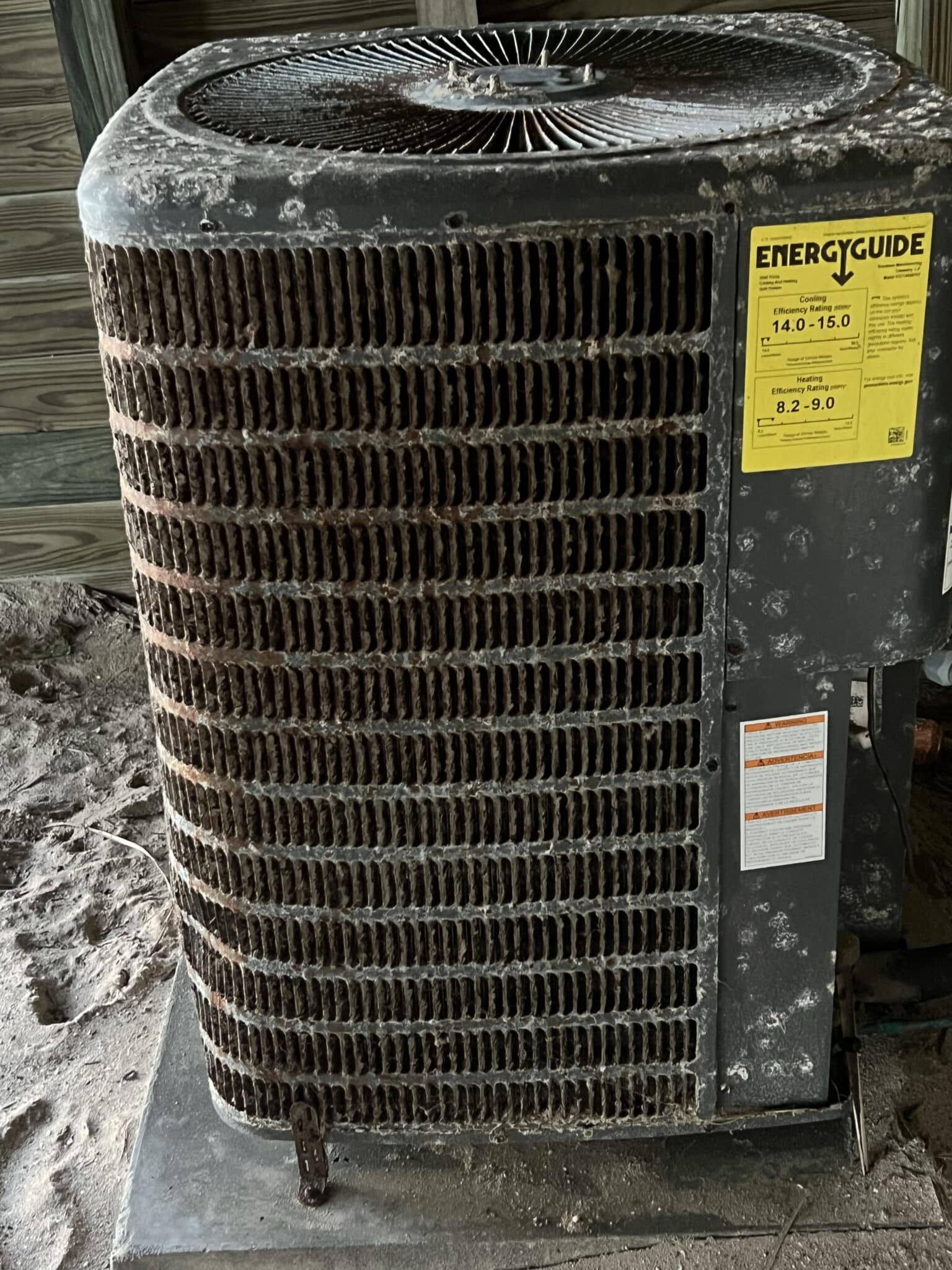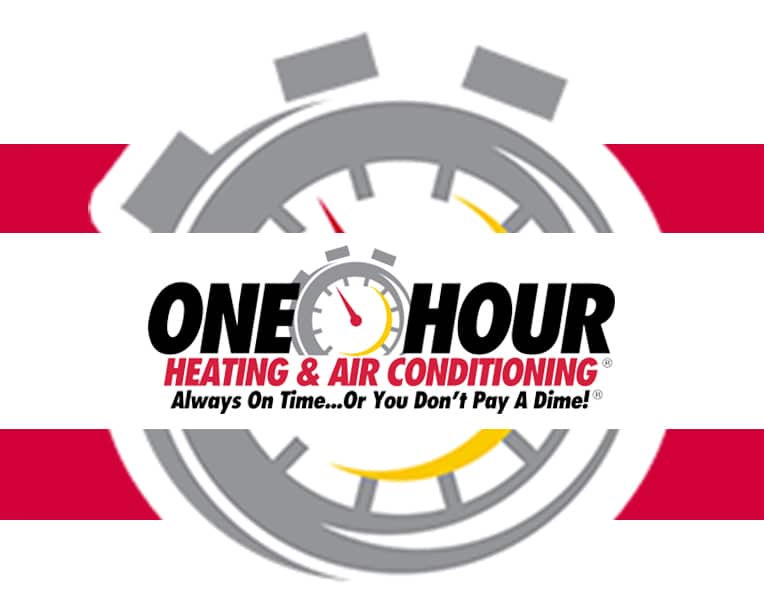Salt Air Corrosion – Living by the coast has many perks—beautiful views, fresh air, and the calming sound of the ocean waves. However, one challenge many coastal homeowners face is maintaining their HVAC systems.
The salty sea air can cause significant damage, leading to costly repairs or replacements. In this blog, we’ll discuss how to prevent salt air corrosion in HVAC systems, ensuring your home stays comfortable and your system lasts longer.
Understanding Salt Air Corrosion
Salt air corrosion occurs when salt from the ocean air settles on metal surfaces. This salt acts as an electrolyte, speeding up the process of corrosion, especially on metals like steel, aluminum, and copper, which are commonly used in HVAC systems. Over time, this can lead to rust, weakening of metal parts, and eventual failure of the system.
When the salty air comes into contact with metal surfaces, it dissolves into water droplets, forming a saltwater solution that can quickly start the corrosive process.
This corrosion doesn’t just affect the surface of the metal but can penetrate deeply, causing severe structural damage. The HVAC system, with its numerous metal parts and outdoor exposure, becomes particularly vulnerable.
In regions like San Diego, CA, where the air is consistently salty due to the proximity to the ocean, the effects of salt air corrosion can be more pronounced and require vigilant maintenance and protective measures to mitigate the damage.
Why Is Salt Air Corrosion a Problem?
Salt air corrosion is a significant problem because it can severely damage your HVAC system. Here’s why:
Reduced Efficiency
Corroded parts can make your HVAC system work harder, reducing its efficiency and increasing your energy bills.
When parts of the HVAC system, such as coils and fans, become corroded, their functionality is compromised.
This inefficiency means that the system must work longer and harder to achieve the same level of heating or cooling, which, in turn, uses more electricity and increases wear and tear on the system.
Frequent Repairs
Corrosion can lead to frequent breakdowns and the need for repairs. Corroded components are more likely to fail, resulting in the need for constant maintenance and repairs.
This not only means more out-of-pocket expenses but also the inconvenience of having an HVAC system that is often out of order when you need it most.
Shortened Lifespan
Salt air can drastically reduce the lifespan of your HVAC system, forcing you to replace it sooner than expected.
Corrosion can cause irreversible damage to key components, leading to the premature failure of the system.
This can result in the need for a complete replacement of the HVAC unit, which is a significant financial burden.
For homeowners in coastal areas like San Diego, CA, understanding and preventing salt air corrosion is crucial for maintaining a functional and efficient HVAC system.
By taking proactive steps, you can protect your investment and ensure that your home remains comfortable year-round.
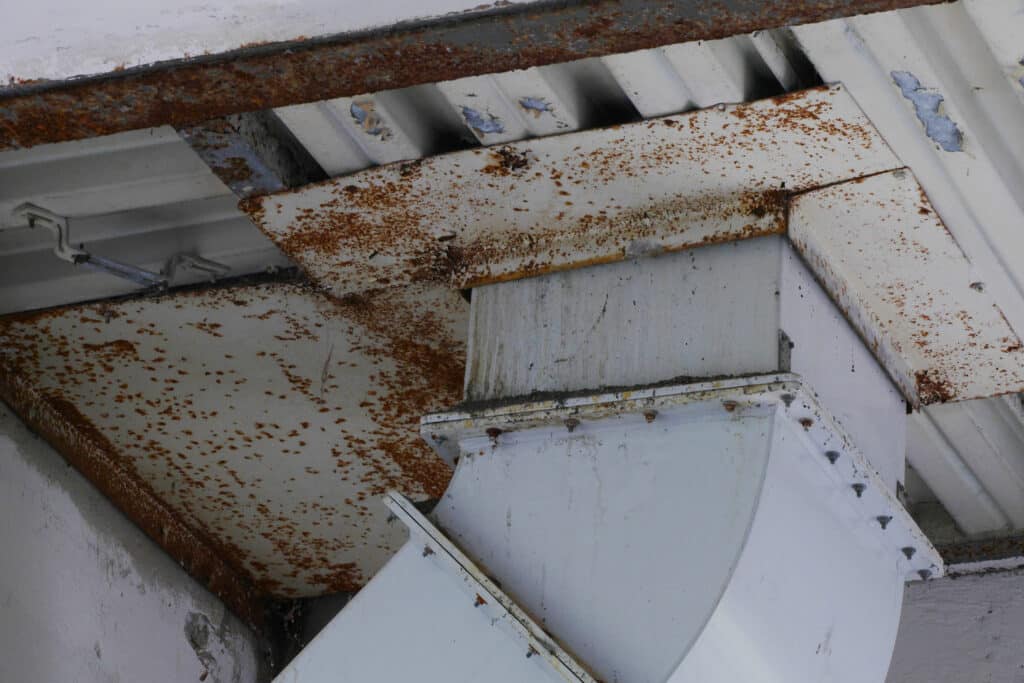
Signs of Salt Air Corrosion
Before we dive into prevention methods, it’s essential to recognize the signs of salt air corrosion. Here are some indicators:
Rust
Visible rust on outdoor units, pipes, and other metal components is a clear sign that salt air has begun to corrode the metal parts of your HVAC system.
Rust typically appears as reddish-brown patches on the surface of the metal, indicating that the metal is degrading. Over time, rust can compromise the integrity of these components, leading to more severe issues and potential system failures.
Discoloration
Metal parts may change color, appearing dull or with a greenish tint. Discoloration occurs when the metal reacts with the salts in the air, leading to a change in its appearance.
This can indicate the early stages of corrosion before rust becomes visible and is often a precursor to more serious damage if not addressed promptly.
Weakening of Metal Components
Corrosion can lead to the structural weakening of metal parts, making them brittle and more prone to breaking.
This can compromise the integrity of your HVAC system and lead to more frequent breakdowns. Structural damage often requires significant repairs or replacements to restore the system’s functionality.
Leaks
Corrosion can cause holes in pipes, leading to refrigerant leaks. These leaks not only reduce the efficiency of your HVAC system but can also be hazardous to the environment and your health.
Addressing leaks promptly is crucial to maintaining the system’s performance and preventing further damage.
Noise
Unusual sounds from the HVAC unit can indicate internal corrosion. If you hear grinding, banging, or other unusual noises, it could be a sign that parts of your system have corroded and are not functioning properly. These sounds often signal that immediate attention is needed to prevent more extensive damage.
Reduced Airflow
HVAC system, leading to reduced airflow. If you notice that your system isn’t circulating air as effectively as it used to, it might be due to corrosion. Reduced airflow can significantly impact the overall efficiency and comfort levels in your home.
Decreased Efficiency
If your energy bills are increasing without a corresponding increase in usage, it could be due to your HVAC system working harder to compensate for corroded parts.
This decreased efficiency is a sign that corrosion might be affecting your system’s performance. Addressing the issue can help restore efficiency and reduce energy costs.
Unusual Smells
A metallic or burning smell coming from your HVAC unit can indicate that corrosion has damaged the internal components.
These odors can be a warning sign of serious issues that need immediate attention. Ignoring these smells can lead to further damage and potentially hazardous conditions.
Regularly inspecting your HVAC system for these signs can help catch corrosion early and address it before it causes significant damage. It’s important to conduct these inspections regularly, especially in coastal areas where salt air is a constant presence.
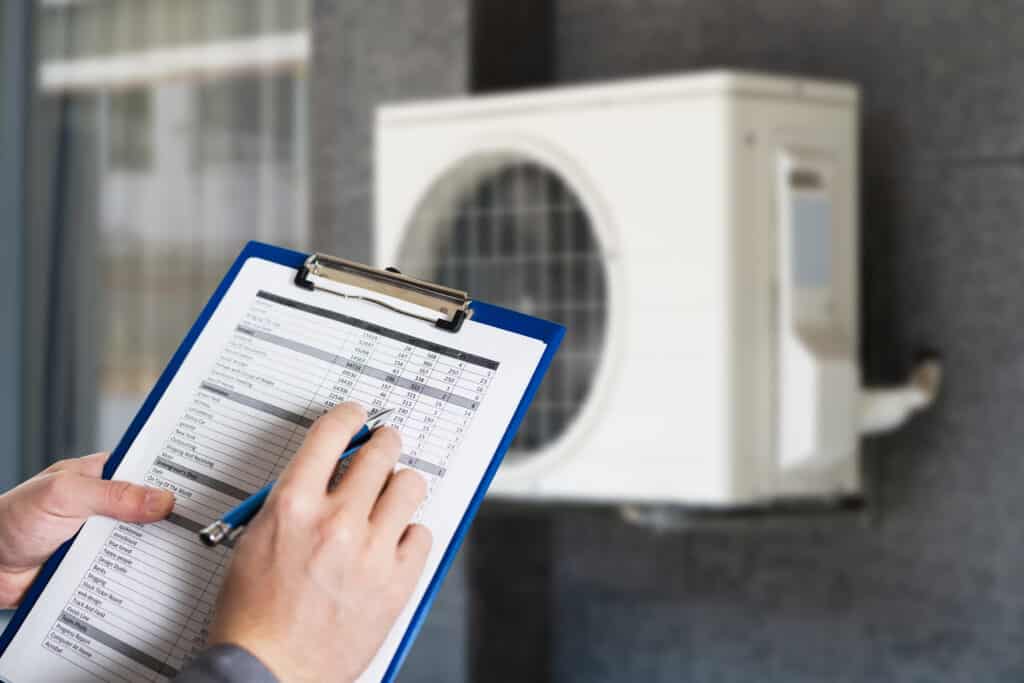
Preventing Salt Air Corrosion
Preventing salt air corrosion involves several proactive steps. Here’s how you can protect your HVAC system:
Regular Maintenance
Regular maintenance is the most effective way to prevent salt air corrosion. Schedule bi-annual check-ups with a professional HVAC technician who can clean and inspect your system for signs of corrosion.
During these check-ups, the technician can clean off any accumulated salt and dirt, check for any early signs of rust or discoloration, and apply necessary treatments to protect the system.
Regular maintenance also includes checking the system’s internal components, such as the coils, fins, and other parts that may not be easily visible but are susceptible to corrosion.
Ensuring that these parts are clean and free from salt deposits can help prolong the life of your HVAC system.
Protective Coatings
Applying protective coatings to the metal components of your HVAC system can significantly reduce the impact of salt air.
Coatings like epoxy, polyurethane, or specialized HVAC coatings create a barrier that prevents salt from reaching the metal.
These coatings are designed to be durable and long-lasting, providing a robust defense against the corrosive effects of salt air.
It’s important to choose the right type of coating for your specific HVAC system and ensure that it is applied correctly.
A professional HVAC technician can help you select and apply the best protective coating for your system, ensuring maximum protection.
Elevated Installation
Installing your HVAC unit at an elevated position can reduce its exposure to salt. This is particularly useful for areas prone to flooding or high tides.
Elevating the unit can help protect it from direct contact with saltwater and reduce the amount of salt air that settles on the unit.
When considering elevated installation, it’s essential to ensure that the unit is securely mounted and that the elevation does not interfere with the system’s functionality.
Professional installation can help ensure that the unit is both protected and operating efficiently.
Use of Corrosion-Resistant Materials
When installing or replacing parts of your HVAC system, opt for materials that are resistant to corrosion.
Stainless steel, for example, is more resistant to salt air than regular steel. Other materials, such as aluminum alloys and certain types of plastics, can also offer greater resistance to corrosion.
Using corrosion-resistant materials can be particularly beneficial for components that are frequently exposed to salt air, such as outdoor units, coils, and pipes.
These materials can help extend the lifespan of your HVAC system and reduce the need for frequent repairs and replacements.
Regular Cleaning
Regularly cleaning your HVAC unit can help remove salt deposits before they cause corrosion.
Use fresh water to rinse off salt and dirt, and ensure the unit is thoroughly dried afterward. This can be done using a low-pressure hose to gently wash away the salt without damaging the components.
In addition to rinsing the unit, it’s important to clean any filters, vents, and other parts that may accumulate salt and dirt.
Keeping these components clean can help improve the overall efficiency of your HVAC system and reduce the risk of corrosion.
Install a Protective Cover
Protective covers can shield your HVAC unit from direct exposure to salt air. Ensure the cover allows for proper airflow and is designed for use with HVAC systems.
These covers can provide an additional layer of protection against salt, dirt, and other environmental factors that can contribute to corrosion.
When choosing a protective cover, look for one that is specifically designed for HVAC units and made from durable, weather-resistant materials. A well-fitted cover can help protect your unit from the elements while allowing it to function efficiently.
Dehumidifiers
Installing dehumidifiers in your home can help reduce the amount of moisture in the air, thereby reducing the amount of salt that can settle on your HVAC system.
Dehumidifiers work by removing excess moisture from the air, making it less likely for salt to dissolve and form a corrosive solution.
In addition to protecting your HVAC system, dehumidifiers can also improve the overall comfort of your home by reducing humidity levels.
This can be particularly beneficial in coastal areas where high humidity is a common issue.
Regular Inspections
Conduct regular inspections of your HVAC system, especially after storms or periods of high humidity.
Look for signs of corrosion and address them promptly. Inspections can help identify early signs of damage, allowing you to take corrective action before the problem worsens.
During inspections, check all parts of the HVAC system, including outdoor units, coils, pipes, and other metal components.
Look for rust, discoloration, leaks, and any other signs of corrosion. If you notice any issues, contact a professional HVAC technician to assess and repair the damage.
The Importance of Professional Help
While some preventive measures can be taken by homeowners, it’s crucial to seek professional help for thorough maintenance and repairs.
Professional HVAC technicians have the expertise and tools to effectively combat salt air corrosion. They can apply protective coatings, replace corroded parts, and provide advice tailored to your specific situation.
Professional technicians are trained to identify and address corrosion issues that may not be immediately apparent to homeowners.
They have access to specialized tools and products designed to protect HVAC systems from salt air corrosion. By relying on professional help, you can ensure that your system receives the best possible care and protection.
In addition to maintenance and repairs, professional HVAC technicians can also provide valuable advice on how to further protect your system.
They can recommend specific products, practices, and modifications that can help reduce the impact of salt air on your HVAC system.
Benefits of Preventing Salt Air Corrosion
Investing time and resources into preventing salt air corrosion offers several benefits:
- Extended Lifespan: Your HVAC system will last longer, saving you the cost of premature replacement. By taking proactive measures to prevent corrosion, you can significantly extend the life of your system, reducing the need for costly replacements and ensuring that your home remains comfortable.
- Improved Efficiency: A well-maintained system operates more efficiently, reducing energy consumption and lowering your utility bills. Preventing corrosion helps keep your HVAC system running smoothly, allowing it to cool or heat your home more effectively without wasting energy.
- Fewer Repairs: Preventing corrosion reduces the likelihood of breakdowns and the need for frequent repairs. This means fewer interruptions to your comfort and less money spent on repair bills.
- Enhanced Comfort: A properly functioning HVAC system ensures consistent comfort in your home, regardless of the weather outside. By keeping your system in top condition, you can enjoy a comfortable living environment year-round, without the worry of unexpected breakdowns.
By taking these preventive measures and seeking professional help, you can protect your HVAC system from the damaging effects of salt air corrosion.
This not only ensures the comfort of your home but also protects your investment, providing peace of mind for years to come.
Protect Your HVAC from Salt Air Today with One Hour Heating & Air Conditioning San Diego!
If you’re a homeowner in San Diego, CA, dealing with the challenges of salt air corrosion, One Hour Heating & Air Conditioning San Diego is here to help.
Our team of experienced technicians can provide regular maintenance, apply protective coatings, and offer expert advice on preventing salt air corrosion.
Why choose us? Our expert technicians are highly trained and experienced in handling HVAC systems in coastal areas.
We offer comprehensive services, from regular maintenance to emergency repairs, and we prioritize customer satisfaction, striving to provide the best service possible.
Prevent costly HVAC damage with One Hour Heating & Air Conditioning San Diego. Contact us now for expert maintenance, protective coatings, and top-notch service to safeguard your system from salt air corrosion.
Call us today at 619-639-4017 and keep your home comfortable year-round!
FAQs
What is corrosion from salt air, and why is it a concern for my HVAC system?
Corrosion from salt air occurs when salt from the ocean air settles on metal surfaces, speeding up the corrosion process. This can lead to rust, weakening of metal parts, and eventual system failure, reducing efficiency and lifespan.
How can I tell if my HVAC system is suffering from corrosion?
Signs include visible rust, discoloration or a greenish tint on metal parts, leaks from pipes, and unusual noises. Regular inspections can help catch salt air corrosion early and prevent significant damage.
What preventive measures can I take to protect my HVAC system?
Preventive measures include regular professional maintenance, applying protective coatings, installing the unit at an elevated position, using corrosion-resistant materials, and regularly cleaning the unit with fresh water to combat salt air corrosion.
Why is professional maintenance important for preventing corrosion?
Professional HVAC technicians can effectively combat salt air corrosion by applying protective coatings, replacing corroded parts, and providing tailored advice. Regular maintenance helps prevent costly damage and extends the system’s lifespan.
How can One Hour Heating & Air Conditioning San Diego help with corrosion prevention?
We offer services like regular maintenance, application of protective coatings, and expert advice. Our trained technicians prioritize customer satisfaction, providing top-notch service to protect your HVAC system from salt air corrosion.





